Did you know that pollinators like butterflies and bees are responsible for one out of every three bites of food we eat? Yet, these crucial creatures are facing significant challenges due to habitat loss and climate change. The good news? Your garden can become a vibrant sanctuary for these essential pollinators!
I’ve spent years designing gardens that not only dazzle the eyes but also create thriving ecosystems for our winged friends. In this guide, I’ll share 10 proven garden designs that will transform your outdoor space into a buzzing paradise!
1. The Classic Cottage Garden Design: A Haven for Pollinators
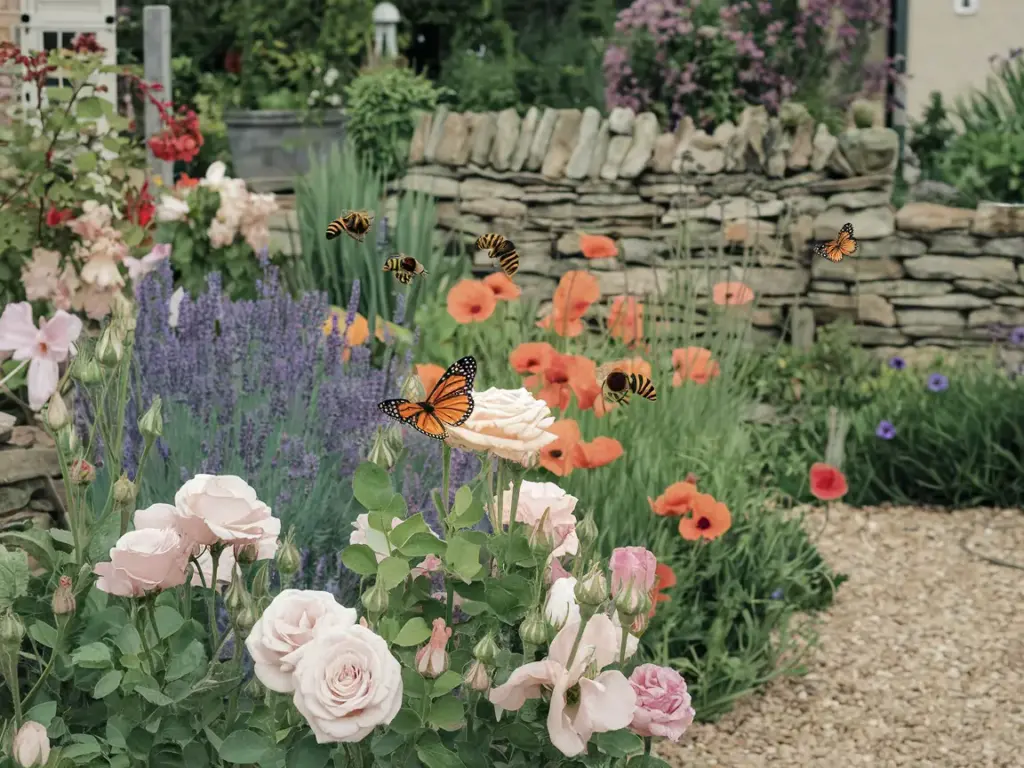
Let me tell you about my journey creating the perfect cottage garden that both delights the senses and supports our precious pollinators. After years of trial and error (and quite a few failed attempts!), I’ve discovered the secret sauce to designing a cottage garden that feels like it jumped straight out of a fairytale while serving as a bustling ecosystem for butterflies and bees.
Creating the Perfect Layout
When I first started planning my cottage garden, I made the rookie mistake of placing all my favorite plants wherever they would fit. Big mistake! The key to a successful cottage garden is actually careful planning disguised as casual chaos. Traditional cottage gardens thrive on a mix of informal paths and dense plantings, but there’s a method to the madness.
Start by creating winding pathways using natural materials like gravel or stepping stones. These paths should meander through your garden, creating that signature cottage garden feel while providing easy access for maintenance. I learned that making the paths at least 3 feet wide allows for comfortable navigation with garden tools.
Selecting the Right Plants for Continuous Blooms
Here’s where the magic happens! The secret to a successful cottage garden is choosing plants that provide sequential blooming throughout the growing season. I start with early spring bulbs like daffodils and tulips, then layer in mid-spring bloomers like columbine and bleeding hearts.
For summer, I rely heavily on cottage garden classics:
- Delphinium for height and drama
- Foxgloves for vertical interest
- Hardy geraniums for ground cover
- Lavender for structure and pollinator appeal
- Russian sage for late-season color
Color Schemes That Attract Pollinators
One thing I’ve discovered is that butterflies and bees have favorite colors! While we might love a sophisticated monochromatic garden, pollinators prefer a mix of purple, blue, yellow, and white flowers. I’ve had incredible success with purple coneflowers, blue salvia, and masses of yellow black-eyed susans.
The Art of Plant Spacing
The biggest game-changer in my cottage garden journey was learning proper plant spacing. While cottage gardens look delightfully crowded, each plant needs enough room to thrive. I follow the “thriller, filler, spiller” approach:
- Tall plants (thrillers) go in the back
- Medium-height plants (fillers) in the middle
- Ground covers and trailing plants (spillers) at the edges
Maintenance Tips for Long-Term Success
The beauty of a cottage garden lies in its slightly untamed appearance, but don’t be fooled – it needs regular maintenance to stay healthy. I dedicate about 2-3 hours each week to:
- Deadheading spent blooms
- Supporting tall plants with decorative stakes
- Monitoring for pest issues
- Strategic pruning to encourage more blooms
Want to take your pollinator garden to the next level? In our next section, we’ll explore how to create a stunning Native Wildflower Meadow Garden that’s even more attractive to local pollinators. Click the next button below to discover how native plants can transform your garden into a wildlife paradise while requiring even less maintenance than traditional cottage gardens! 🌸🦋
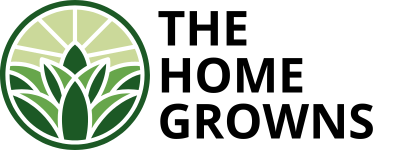

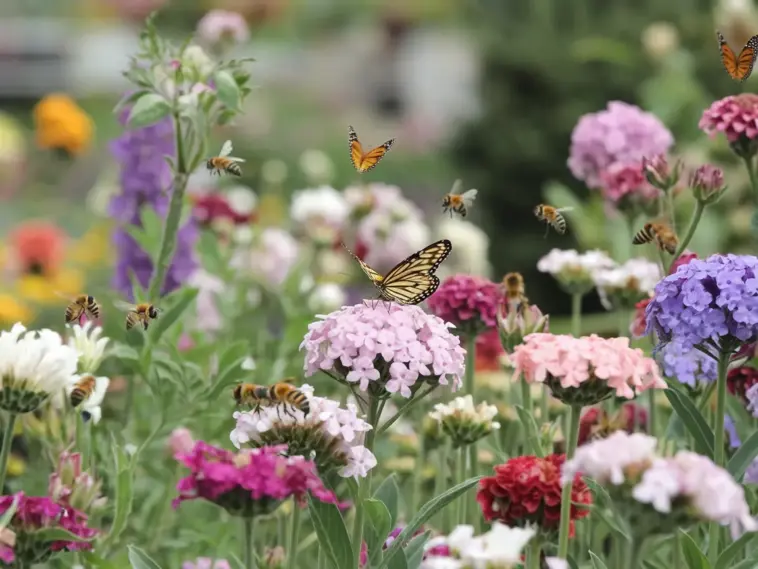



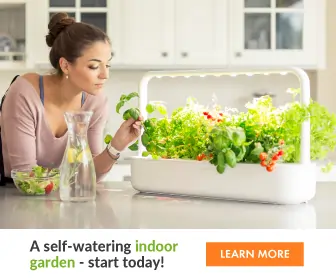

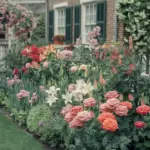
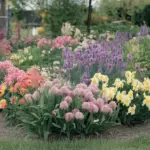
GIPHY App Key not set. Please check settings